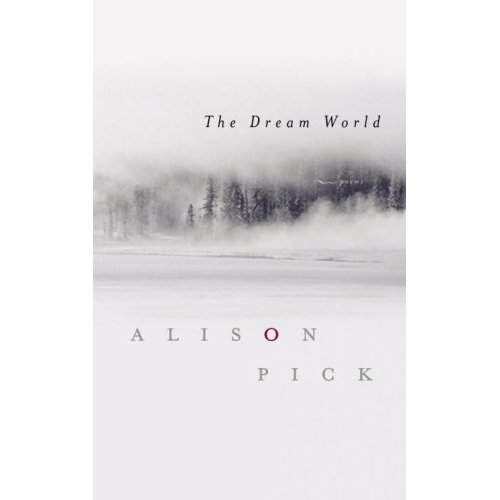Here’s another poem, also first published in the New Yorker, I think in 2004. I don’t think it is difficult to understand why it speaks to me, and why I saved it all these years…
Love and Work
by Rachel Wetzseon
In an uncurtained room across the way
a woman in a tight dress paints her lips
a deeper red, and sizes up her hips
for signs of ounces gained since yesterday
She has a thoughtful and a clever face
but she is smart enough to know
the truth: however large the brain may grow,
the lashes and the earrings must keep pace.
Although I’ve spread my books in front of me
with a majestic air of I’ll show her,
I’m much less confident than I’d prefer,
and now I’ve started oacing nervously.
I’m pouring over theorems, tomes and tracts.
I’m getting ready for a heavy date
by staying up ridiculously late.
But a small voice advises, Face the facts:
go on this way and you’ll soon come to harm.
The world’s most famous scholars wander down
the most appalling alleyways in town,
a blond and busty airhead on each arm.
There is an inner motor known as lust
that makes a man of learning walk a mile
to gratify his raging senses, while
the woman he can talk to gathers dust.
A chilling vision of the years ahead
invades my thoughts and widens like a stain:
a barren dance card and a teeming brain,
a crowded bookcase and an empty bed…
what if I compromised? I’d stay up late
to hone my elocutionary skills,
and at the crack of dawn I’d swallow pills
to calm my temper and control my weight,
but I just can’t. Romantics, so far gone
they think their lovers live for wisdom, woo
by growing wiser; when I think of you
I find the nearest lamp and turn it on.
Great gods of longing, watch me as I work,
and if I sprout a martyr’s smarmy grin
please find some violent way to do me in;
I’m burning all these candles not to shirk
a night of passion, but to give that night
a richly textured backdrop when it comes.
The girl who gets up from her desk and dumbs
her discourse down has never seen the flight
of wide-eyed starlings from their shabby cage;
the fool whose love is truest is the one
who knows a lover’s work is never done.
I’ll call you when I’ve finished one more page.

